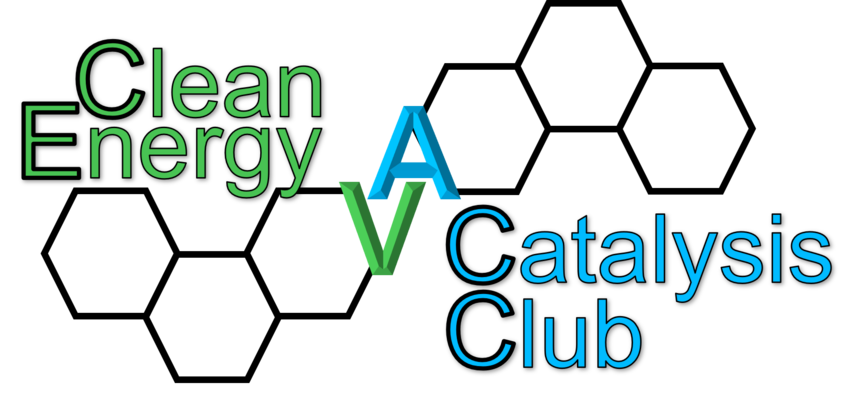Tuesday, May 3, 2022 featured:
Professor Charles McCrory from the University of Michigan
"Encapsulated Co Catalysts: Modulating Activity and Selectivity by Controlling the Catalyst’s Coordination Environment"
Abstract:
The selective electrochemical reduction of CO2 in the CO2 reduction reaction (CO2RR) is a crucial strategy for storing energy from intermittent sources in the form of chemical bonds (e.g. solar fuels). State-of-the-art solid-state catalysts produce useful products, but typically do so non-selectively with H2 production from competitive water reduction. Alternatively, molecular catalysts show promise for the selective reduction of CO2 to single products, but usually perform with lower activity compared to their solid-state analogues. My research group is focused on the development of new catalytic systems for the CO2RR that operate with the selectivity of molecular catalysts but the activity of solid-state catalysts. In this talk, I will present some of our work using polymer encapsulation to increase the catalytic activity and selectivity of molecular catalyst for the CO2RR. In particular, we show that encapsulating cobalt phthalocyanine within a coordinating polyvinylpyridine polymer leads to a dramatic enhancement in its activity and selectivity for the CO2RR in aqueous phosphate solution. Using a combination of electroanalytical studies and in situ electrochemical X-ray absorbance measurements, we demonstrate that the encapsulating polymer modulates all coordination spheres surrounding the catalyst active site, and that this has a profound impact on the catalytic performance and mechanism.
Bio:
Professor Charles C. L. McCrory is an Assistant Professor of Chemistry and Macromolecular Science & Engineering at the University of Michigan. He completed his undergraduate studies in Chemistry and Mathematics at Indiana University, where he worked with Prof. George E. Ewing studying the structure and composition of thin film water on salt surfaces. He earned his Ph.D. in Chemistry from Stanford University in 2010, where he worked with Prof. Christopher E. D. Chidsey to understand the kinetics and mechanisms of electrocatalytic oxygen reduction and alcohol oxidation by discrete molecular complexes immobilized onto carbon surfaces. During his postdoc research with Prof. Jonas C. Peters at the Caltech, he studied electrocatalytic hydrogen evolution by molecular Co- and Ni-catalysts. In 2011, Prof. McCrory joined the Joint Center for Artificial Photosynthesis (JCAP), a DOE Energy Innovation Hub dedicated to the development of integrated solar-fuels technology. As Lead Benchmarking Scientist at JCAP, Prof. McCrory developed and implemented protocols for evaluating the activity and stability of solid-state electrocatalytic materials for electrochemical water splitting. In 2015, Prof. McCrory joined the faculty at the University of Michigan. His research program studies the mechanisms and kinetics of electrocatalytic transformations of small molecules for solar fuels and environmental remediation. Prof. McCrory’s work has been recognized with several awards and fellowships, including the NSF CAREER Award (2018), the Cottrell Scholar Award (2019), and the DOE Early Career Research Program Award (2021).


